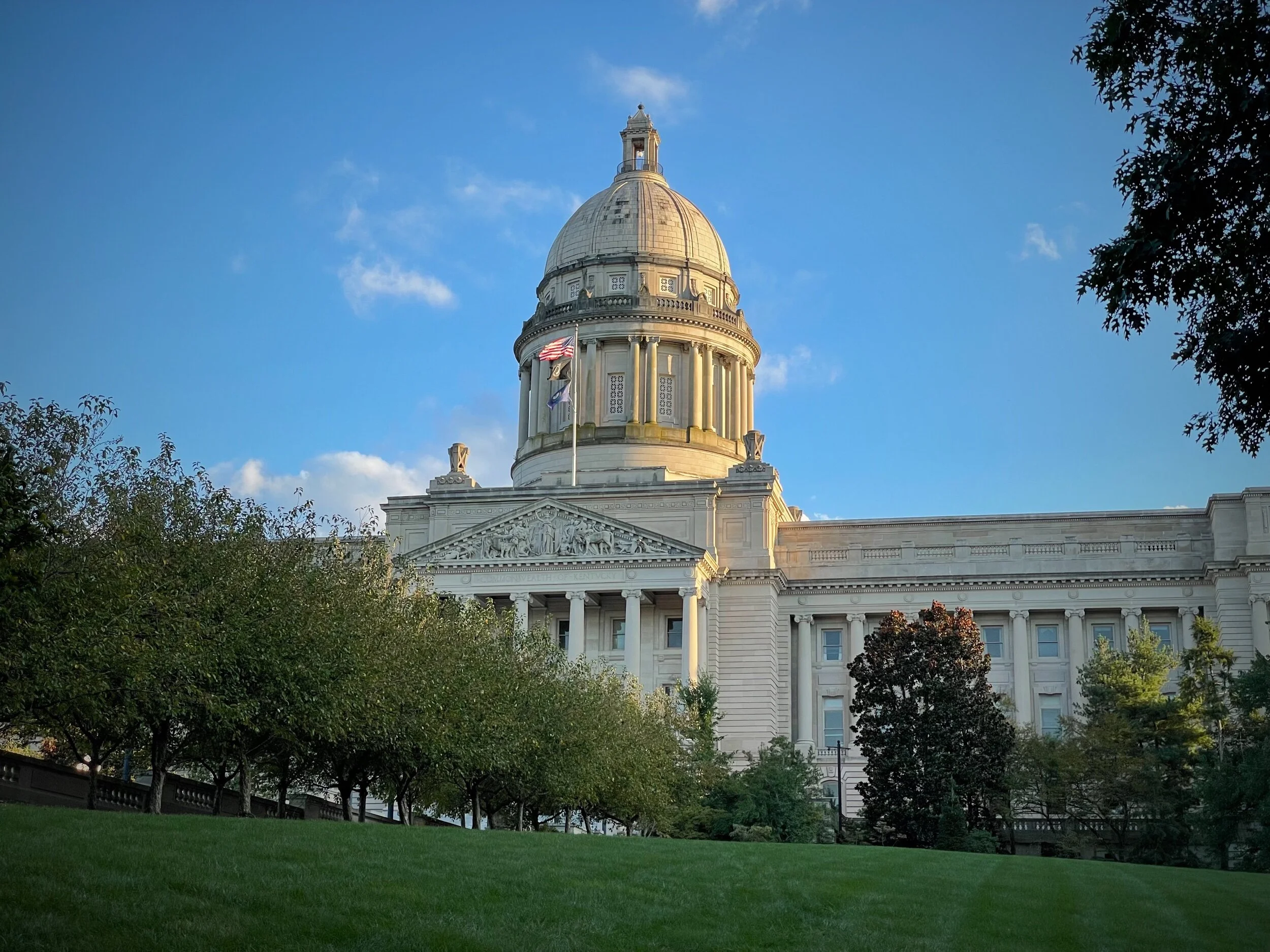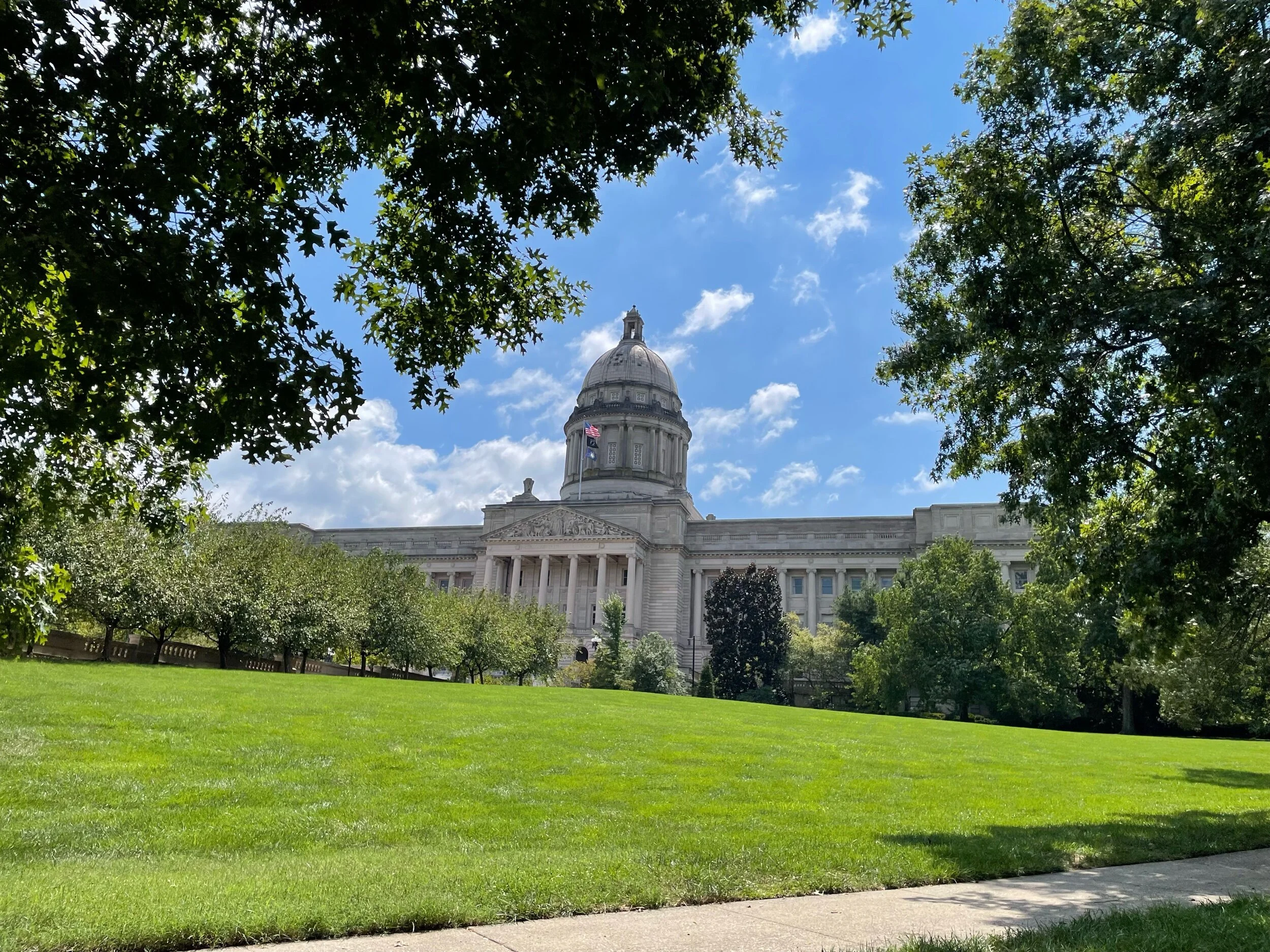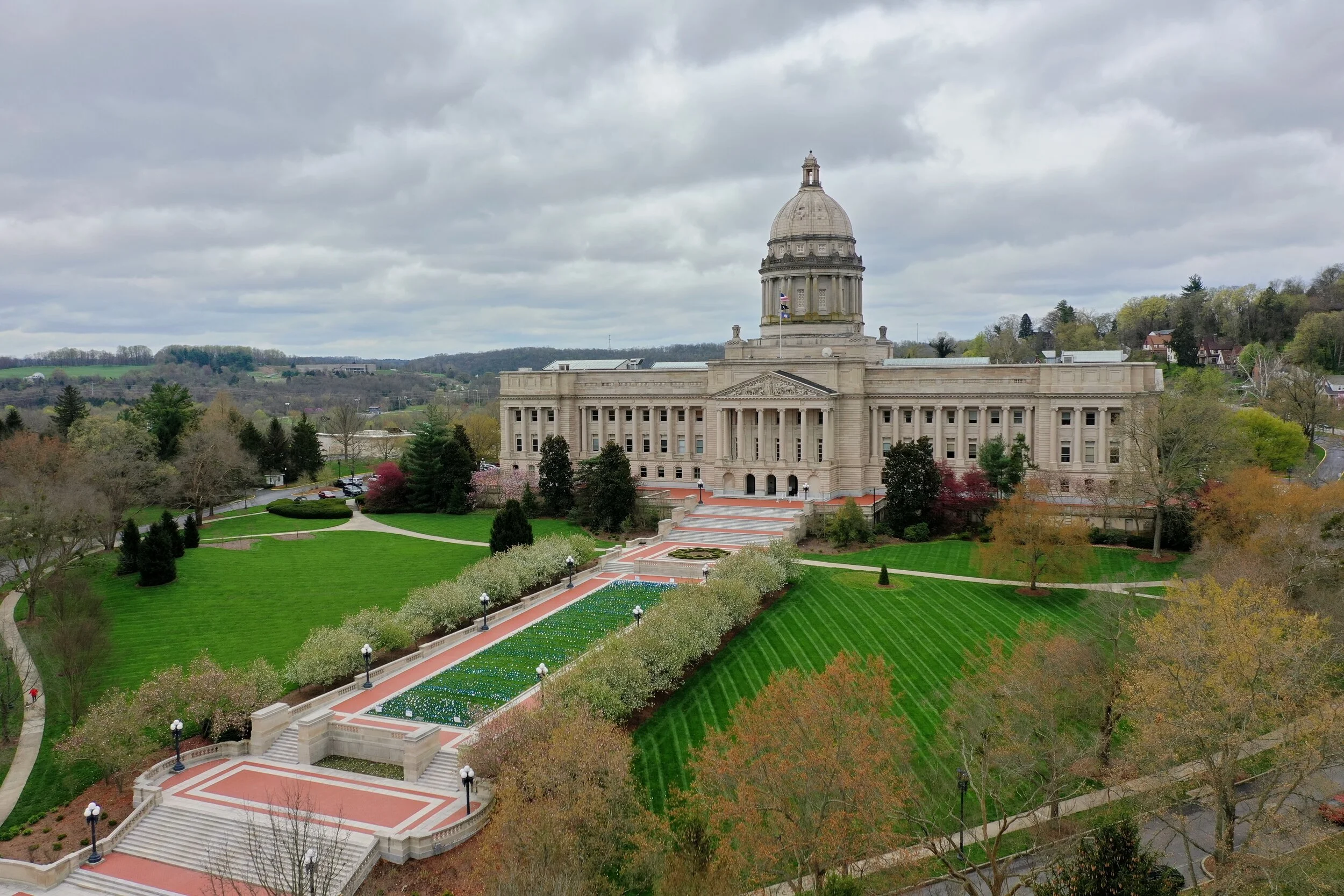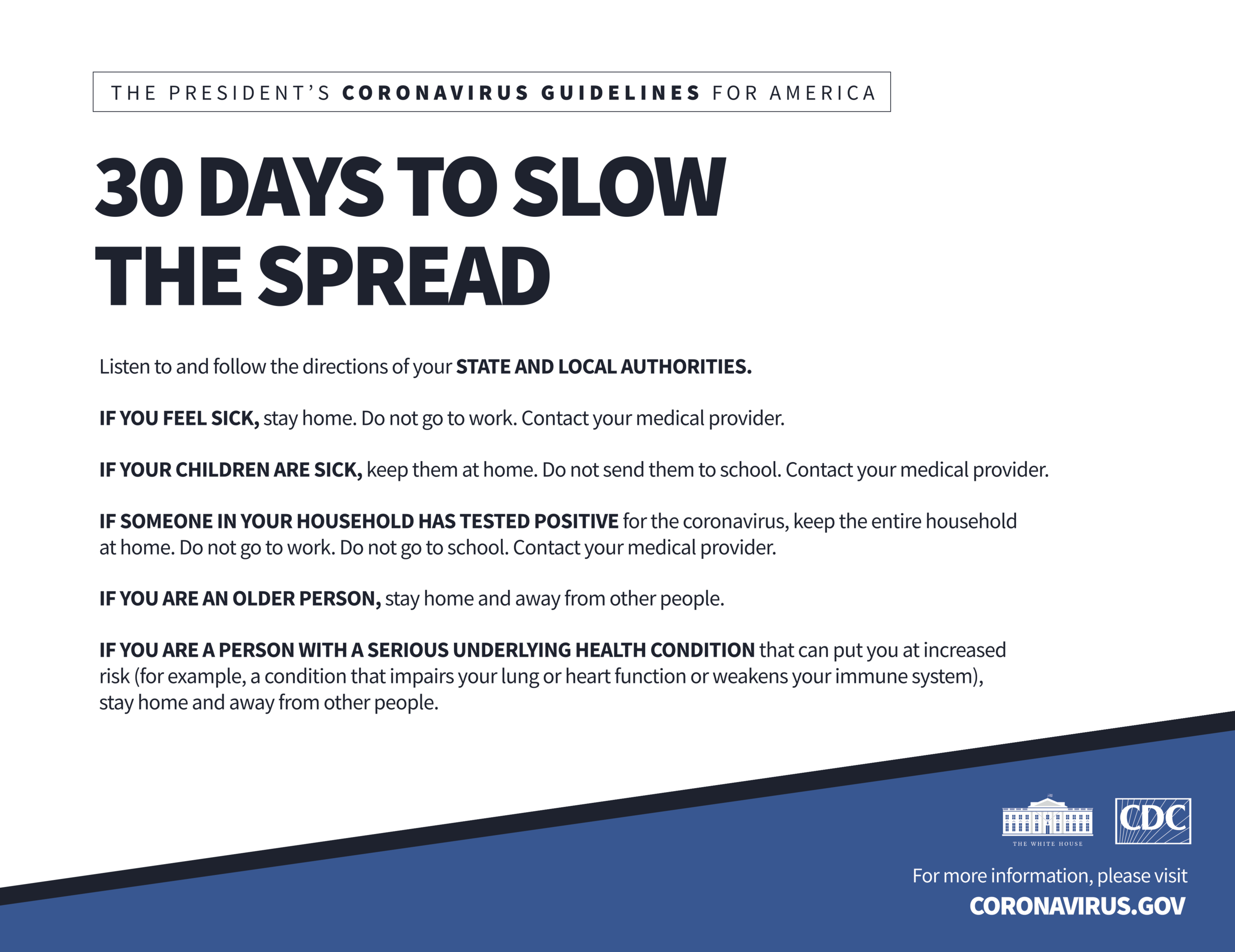The political world was rocked earlier this week when a draft majority opinion, the authenticity of which was subsequently confirmed by the Chief Justice, was leaked to the press. For those of us in the legal community, any leak from SCOTUS would have been stunning, but a leak on this case, which may upend 49 years of court precedent set by Roe v Wade, was earth shattering.
The pro-life and pro-abortion camps responded swiftly, with either immense joy or apoplectic rage. I am firmly in the pro-life camp. I learned of the leaked opinion Monday night at the Alpha Pregnancy Care Center annual fundraising banquet, one of many crisis pregnancy centers across Kentucky. Moments from the banquet’s conclusion I saw the news break and handed my phone to our keynote speaker; he promptly walked back on stage and in words broken by tears of joy, read the headline to the crowd which responded with a standing ovation. That moment is one I won’t soon forget.
A room of several hundred people from various faiths stood in united in celebration of the news that a court-made doctrine resulting in the deaths of tens of millions of unborn children may finally be overturned. Apart from the incalculable human tragedy it brought forth, Roe was poorly decided and wrongly established the “history and tradition” of abortion in our nation prior to 1973. Even one of the greatest defenders of abortion rights, Justice Ruth Bader Ginsburg, once described Roe as “breathtaking.”
In short, Justice Alito’s draft opinion argues the decision to permit, limit, or prohibit abortion is one that should be left to the elected representatives of the people, not the Courts. Justice Alito is right.
Quick to criticize Kentucky’s Republican legislature about their position on abortion, the media has adopted popular references to “anti” abortion legislation and abandoning the “pro-life” label we know is the truth. We vote to limit abortion, and some of us want it banned outright, because we believe there are two lives that must be considered. It is grotesque to perform horrific procedures on a human being that cannot speak for or defend itself. That precious life did not choose under what circumstances it was created, and it should not be murdered by another. The post-abortive women I’ve spoken to also share their feelings of guilt, shame and emotional trauma they endure having made the decision to end their own child’s life. Abortion kills one life, and permanently scars another.
Neither the degree of development, nor one’s dependence upon another, has a bearing on one’s right to live. Many argue Republicans only care for lives in the womb, but once they’re born, we lose interest; this theory is as false as it is lazy. Kentucky Republicans have enhanced our child welfare, foster care and adoption systems, led the nation in restoring dignity for expectant mothers in prison, prioritized mothers in substance use treatment centers, and improved mental health supports and made time for children to start the day with a healthy breakfast in schools,
We can and should do more. Women and families facing crisis pregnancies, particularly those with low income, need more help, including prenatal and postnatal care. Adoption should be exceedingly cheap and simple. Biological fathers should also be held more accountable. Kentucky has nearly 9,000 children in foster care today that need loving, permanent homes. Beyond government, each of us should show love and grace to women facing unplanned pregnancies, and those who have already made that life-altering decision. Many women seeking abortions are doing so because they fear the judgment or abuse from their loved ones, school, community, and sadly, even their church.
While we work to make life easier for expecting moms and dads with funding, education and job opportunities, we should always protect the precious lives who cannot speak for themselves. Protecting those lives is challenging, and for some mothers, carrying the child may be emotionally and physically challenging. That demands more from us as neighbors, loved ones, and as government leaders, to lighten the burden an unplanned pregnancy creates. We should never resort to killing an innocent life to do so.







